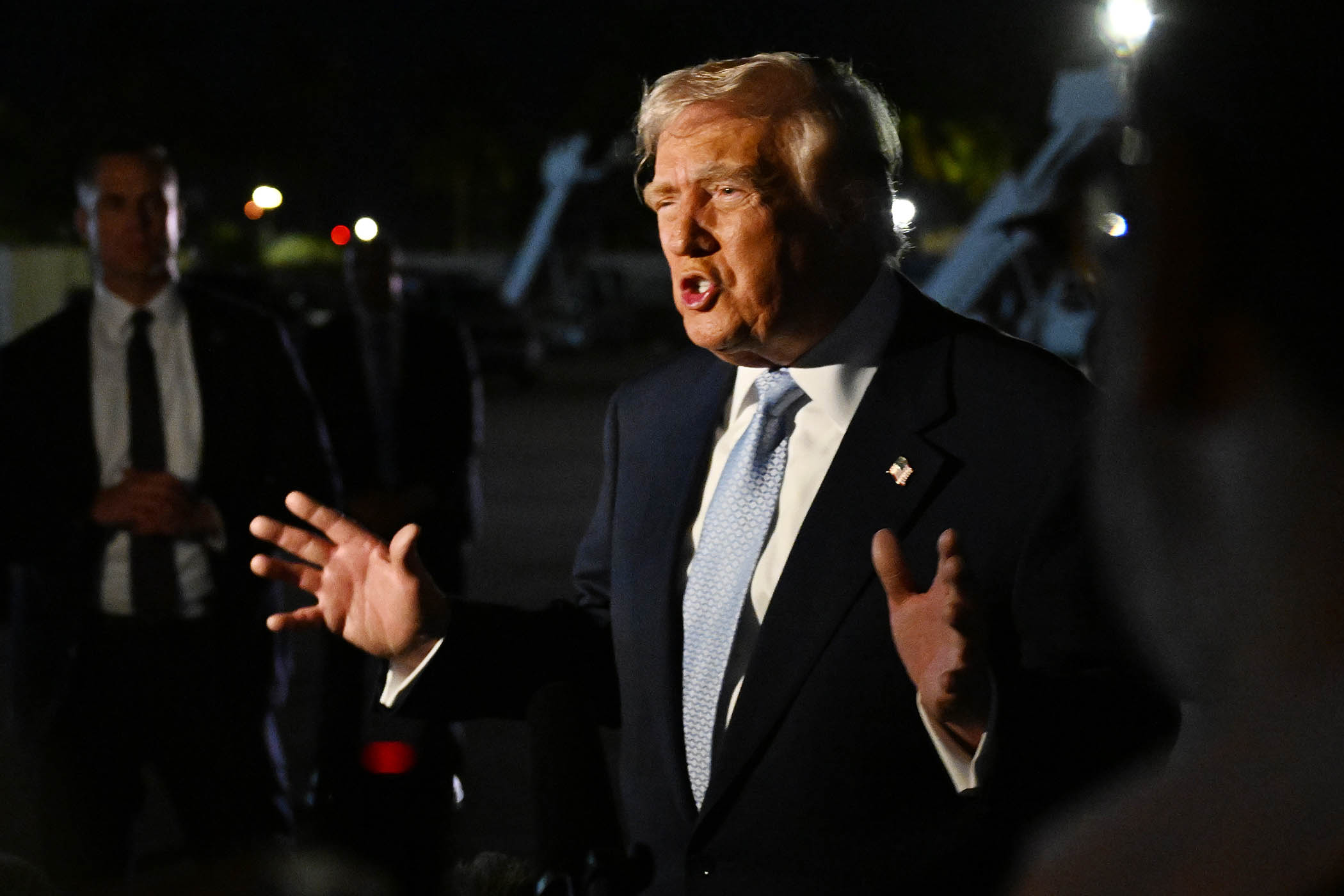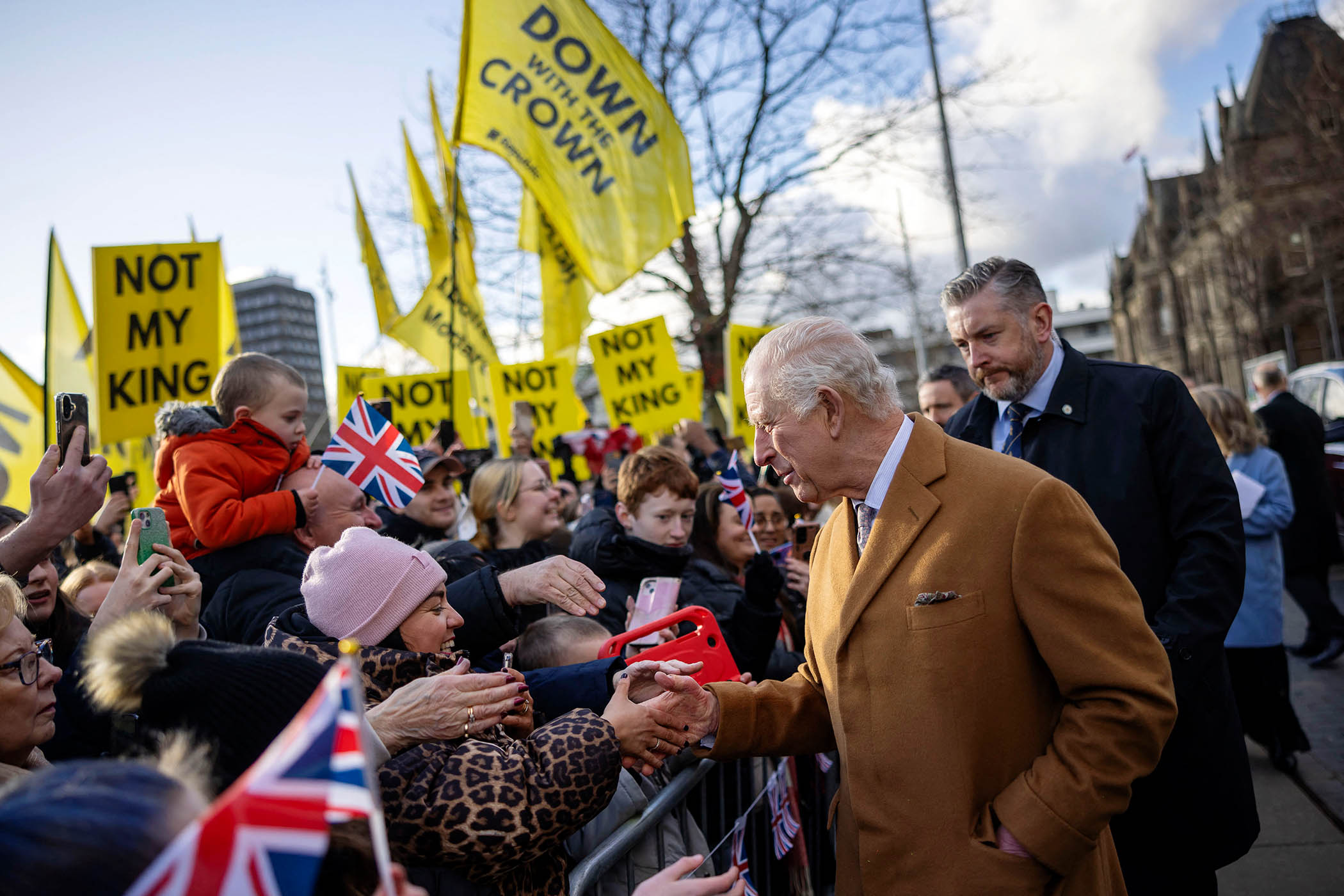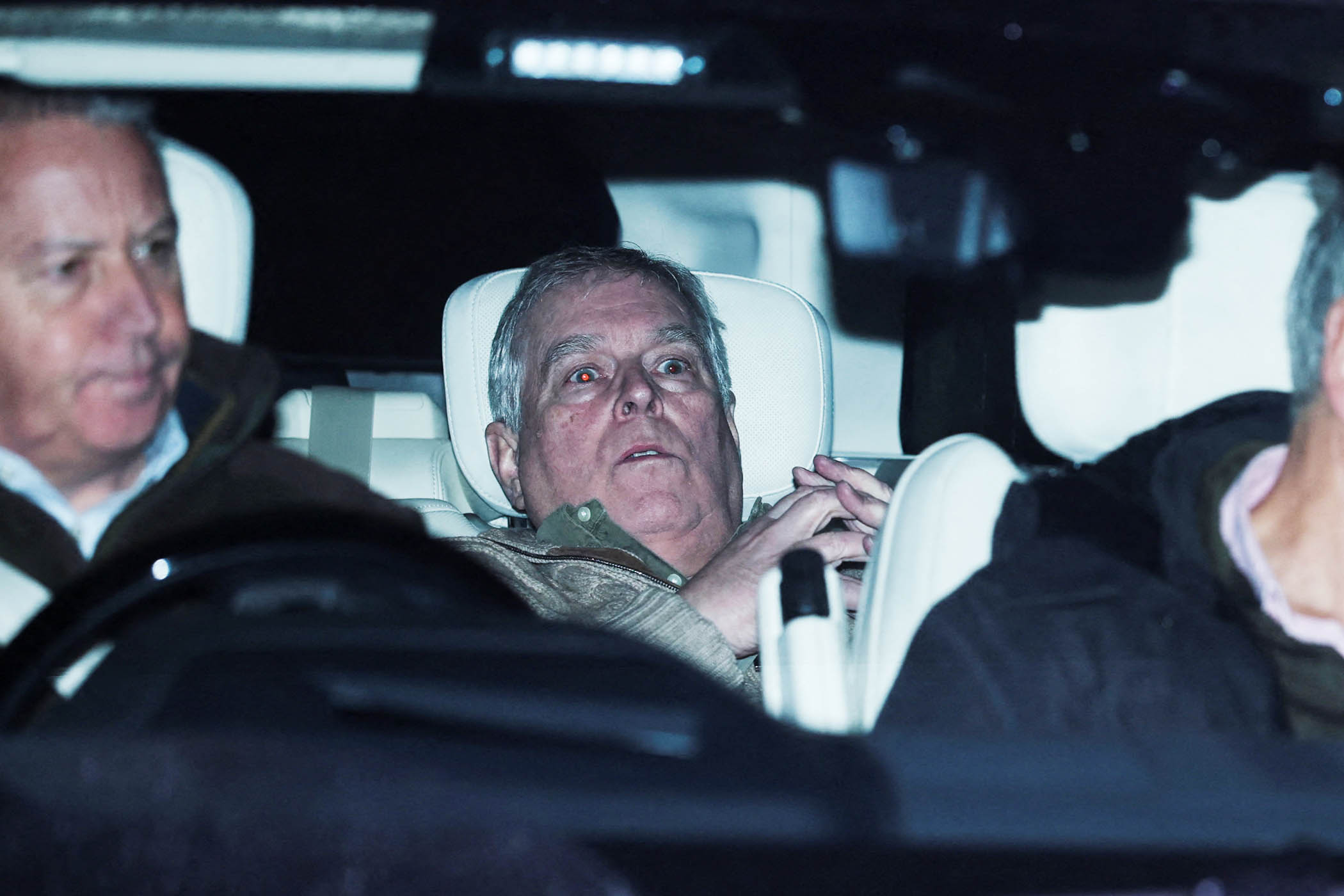The US Congress is due to vote today to release the Jeffrey Epstein files, with President Trump’s blessing. After fighting tooth and nail to prevent the vote and quash speculation about his ties to the late paedophile financier, Trump astonished Washington on Sunday with a sudden about-face, urging Republicans to support the release.
What gives? Trump says he has nothing to hide. That may be true, but speculation continues to dog his second presidency. For the first time since taking back the White House, his authority has been shaken and he is struggling to control the narrative.
Trump faces a growing rebellion from his party and from his Maga base, and his U-turn on the Epstein files follows the worst fortnight of his second term.
Dismal election results for Republicans two weeks ago have raised fears in the party of losses in contested states in next year’s midterm elections, when control of Congress is at stake.
The supreme court appears poised to dismantle the president’s flagship tariff regime, the centrepiece of his economic strategy. Even the conservative justices who have allowed Trump to expand the boundaries of executive authority balked, in oral arguments earlier this month, at his attempt to seize near-limitless power to set duties on imports and change them at will.
Then, last week, the release of 20,000 pages of documents prompted new questions about Trump’s relationship with America’s most notorious sex offender. Those emails are merely a subset of the files whose release he is now endorsing.
Trump now claims not to care about them. The House speaker, Mike Johnson, has dutifully echoed his boss, insisting that the president has “clean hands”. They will both be hoping voters forget how hard they fought to prevent today’s vote going ahead.
Johnson kept the House closed for almost two months this summer to head it off. He then refused to swear in Adelita Grijalva, the newly elected Democratic representative from Arizona, when it became clear that hers would be the pivotal 218th signature on the petition to release the Epstein files. Trump intervened personally last week, launching a failed last-ditch effort to pressure two Republican rebels to remove their names from the list. Only when it became clear that a vote was unavoidable and the bill would pass did the president change tack.
“All I do care about is that Republicans get BACK ON POINT,” he said on his Truth Social platform. Instead, many Republicans are now edging away from a president whose control of the party has been virtually unchallenged since last year. As they look ahead to tough re-election battles next year, some are re-evaluating Trump as a liability, bracketed in voters’ minds with historically low approval ratings and a failure to tackle the rising cost of living.
Nothing underscores Trump’s faltering grip on the party than his furious public row with Marjorie Taylor Greene, the Georgia congresswoman and former diehard Maga loyalist.
Newsletters
Choose the newsletters you want to receive
View more
For information about how The Observer protects your data, read our Privacy Policy
Previously one of Trump's fiercest supporters, Greene has openly criticised his preoccupation with foreign affairs and his rewarding of billionaire donors since taking back the White House. She accuses him of neglecting the voters who backed him a year ago. Trump has responded by calling Greene a “traitor” and calling for her to be unseated at the midterms.
This growing frustration among Maga supporters with Trump’s focus on foreign policy could explain his sudden openness to talks with Venezuela’s president, Nicolás Maduro, after ordering a massive US military build-up in the Caribbean.
In the first hint of a move to defuse tensions with the Maduro regime following a series of deadly US strikes on what the White House claimed was drug-trafficking boats off the coast of Venezuela, Trump has signalled potential negotiations with Caracas.
“We may be having some discussions with Maduro, and we'll see how that turns out,” the US president told reporters on Sunday. “They would like to talk.”
US officials have held several meetings to discuss potential military operations in Venezuela, including strikes on the mainland. Trump said last week he had “sort-of made up my mind” on tackling the alleged threat from Maduro, whom the US has accused of links to the illegal drug trade. In the formulation of Teddy Roosevelt, he now looks more inclined to threaten the “big stick” rather than actually use it.
Photograph by Roberto Schmidt/Getty Images



